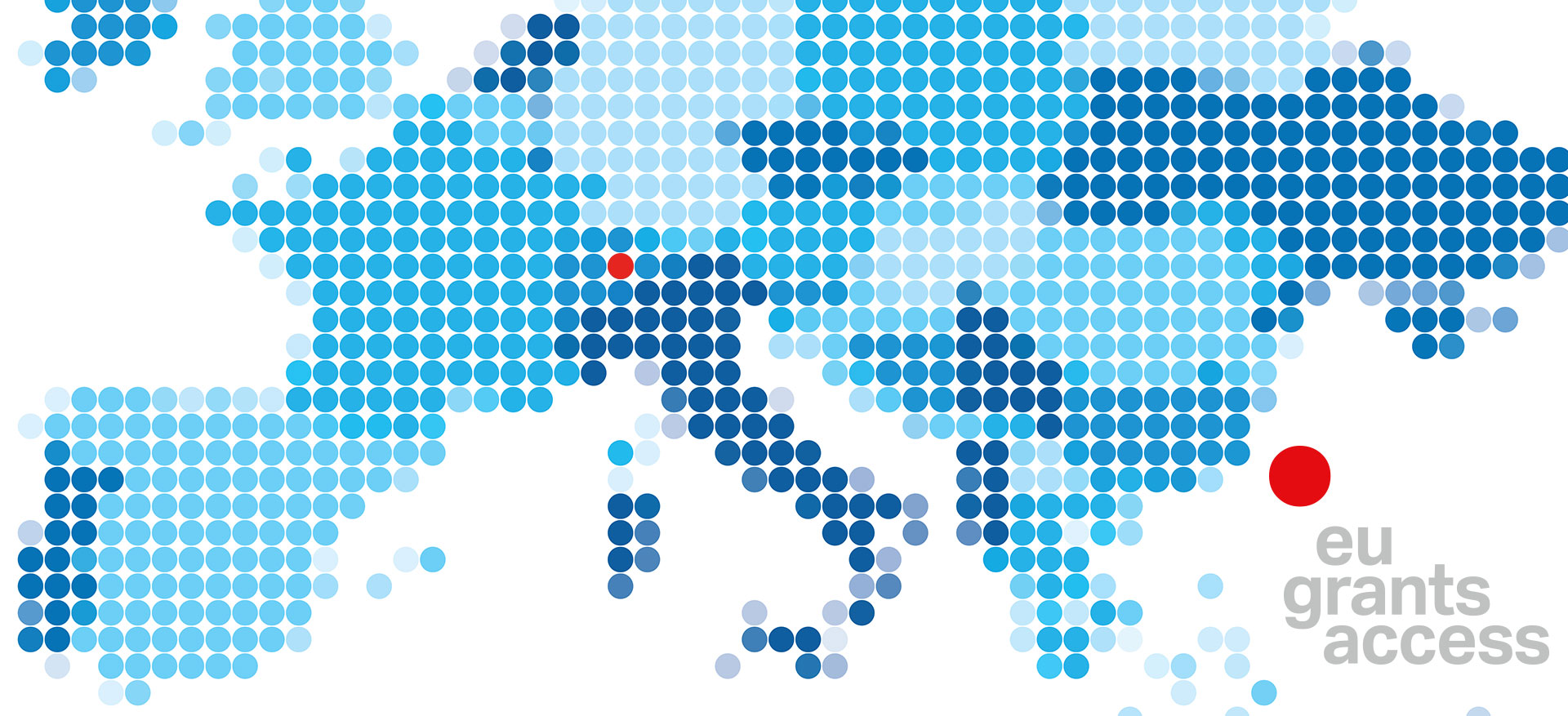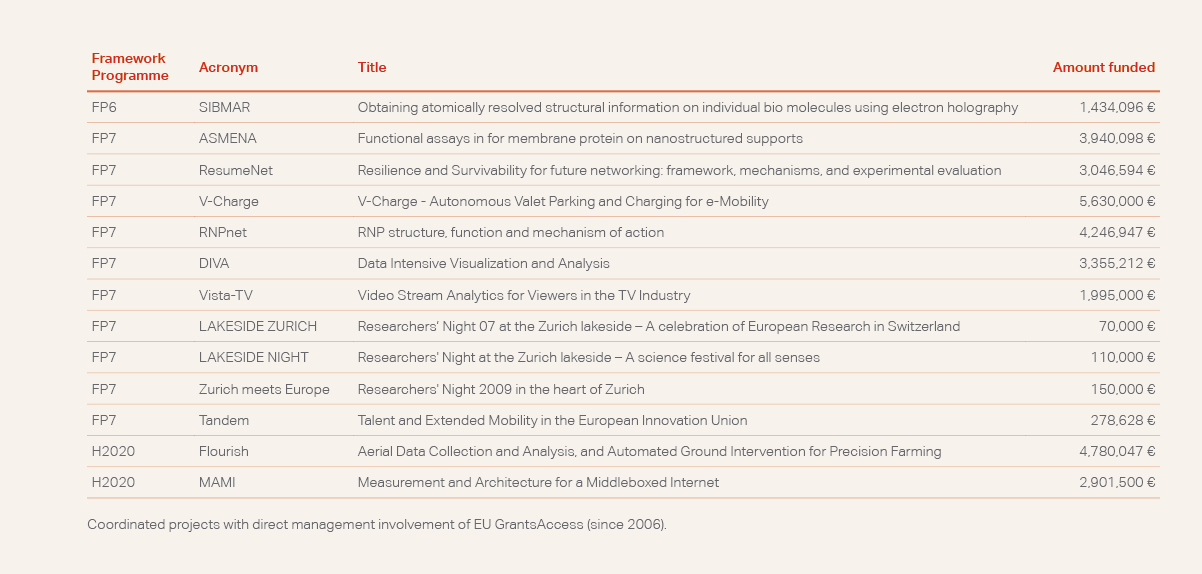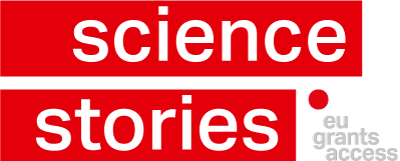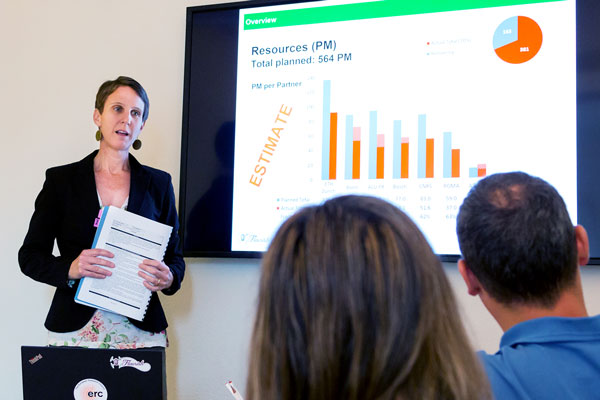
Project Management @ EU GrantsAccess
Large collaborative projects are fun! They allow researchers to learn and benefit from each other; synergies can be exploited, interdisciplinary fields explored. Within a consortium, young scientists can start building their networks, train their presentation skills and get direct feedback on their research methodology and results. Furthermore, the participation in international projects increases the intercultural skills of researchers. In many cases, partners initiate follow-up projects already at consortium meetings, make plans for student exchanges and joint publications – and long-lasting collaborations evolve.
EU-funded collaborative projects must be set up according to a predefined project management structure. This certainly helps a lot during the project implementation. Consequently, the project coordinator and the management team are busy with monitoring deliverables and milestones, organising meetings, writing minutes, communicating with the European Commission, chasing financial reports from partners, observing possible risks and ethical requirements, translating complicated EU regulations for partners, overseeing the publication output of the consortium and mitigating conflicts. These are tasks that are not usually taught in the course of a scientific career but require specialised skills and experience.
Unfortunately, this mountain of management tasks discourages many researchers from coordinating a project. With some extra help, however, the experience of coordinating a project can be very positive and rewarding. To ease the burden, EU GrantsAccess offers various levels of support to coordinators. During proposal preparation, we can assist you with the consortium budget, participate in partner meetings, give input on the management structure and governance, take care of the completion of the electronic forms in the participant portal and connect you with knowledgeable experts for prescreening of your proposal. We also assist and support in answering various questions from project partners.
During the project implementation phase, you can choose between two support models:
- Coaching: The coordinator hires a project manager who is ideally from the scientific field of the project. At the same time, a person of our office is appointed to advise and coach the project manager throughout the lifetime of the project in matters of administration, financials, specific legal issues and project management. The intensity of the coaching is determined entirely by the project manager. He or she can ask for support whenever needed. In our experience, one or two meetings per year plus a few phone calls and several emails are enough.
- Project involvement (only for ETH Zurich/UZH coordinators): A research manager of our office is directly involved in the project. He or she implements communication tools, project processes and management guidance, communicates with partners and the EU Project Officer, defines performance indicators, provides templates, coordinates the reporting and translates EU regulations for the consortium. Ideally, the exact level of support is defined during the proposal phase or, at the latest, before the project starts. Costs for EU GrantsAccess management tasks during the project lifetime, such as personnel costs, travel and consumables, can be charged to the project.



